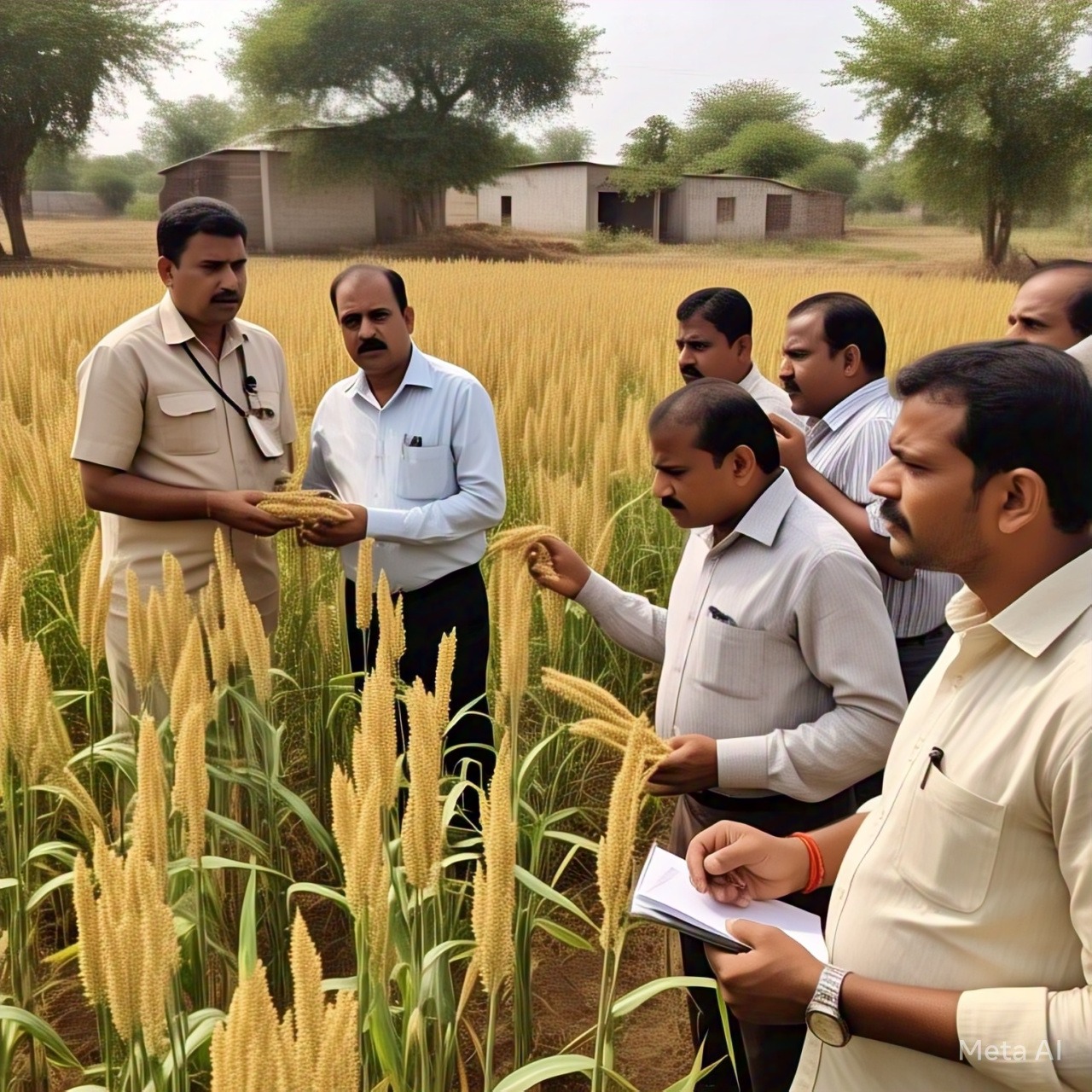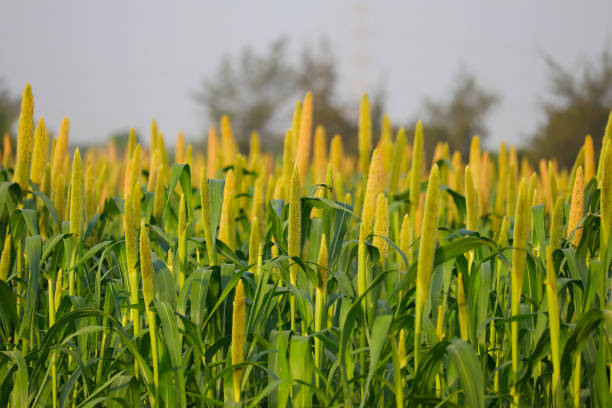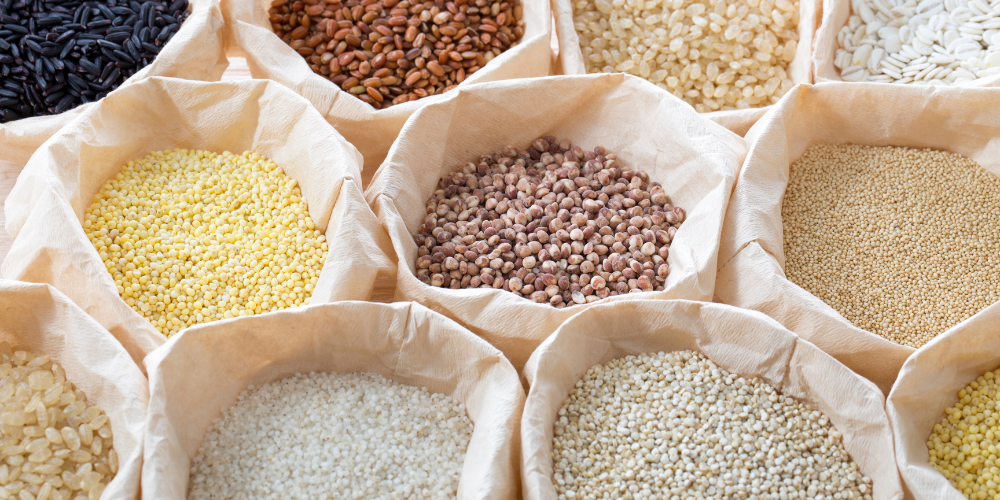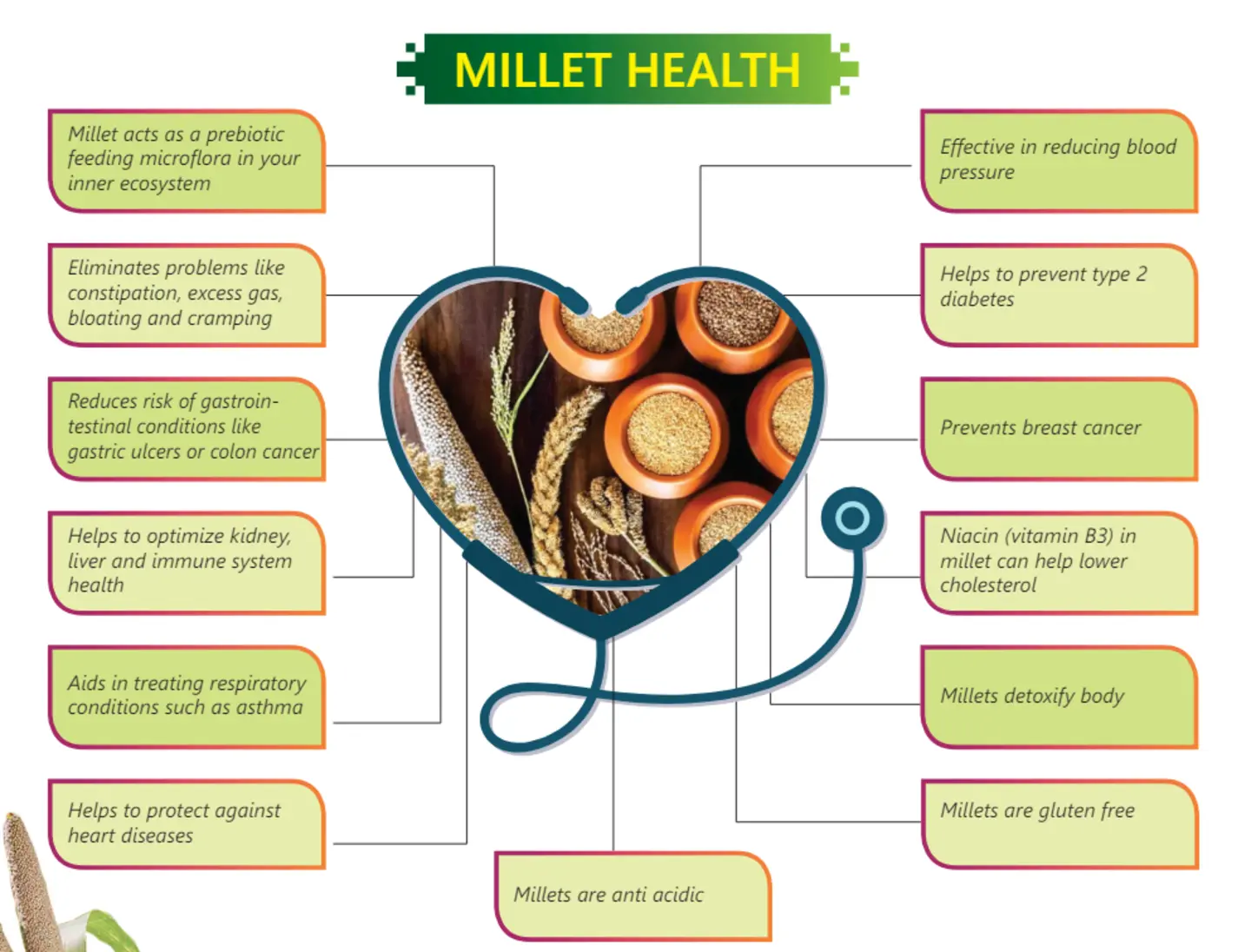Millet: Rajasthan’s Reign as India’s Premier Producer | Sustainable Practices
Millet production thrives in Rajasthan. Discover how the state’s climate, farming, and economy benefit from abundant grain crops.
Millet: Rajasthan’s Reign as India’s Premier Producer | Sustainable Practices
Millet production in India is a critical component of the national agricultural landscape, and Rajasthan stands as the undisputed leader. This state’s unique environmental conditions and deep-rooted farming traditions have solidified its position as India’s foremost grain producer. The cultivation of grain in Rajasthan is a testament to the resilience of both the crop and the farmers.
Millet cultivation in Rajasthan is a cornerstone of the state’s agricultural identity. The unique arid and semi-arid climate creates ideal conditions for the growth of hardy grain varieties. This natural advantage, combined with generations of farming expertise, has positioned Rajasthan as India’s leading producer of this vital grain. The focus on grains is not simply about quantity; it’s also about sustainable practices that ensure long-term viability for both the land and the farming communities.
The significance of grain in Rajasthan extends far beyond mere production figures. grain plays a crucial role in bolstering food security, particularly in regions prone to drought. Furthermore, the economic impact of grain farming on rural livelihoods cannot be overstated. By promoting the cultivation of drought-resistant grain crops, Rajasthan is demonstrating a commitment to environmentally sound agricultural practices. This commitment to sustainable agricultural practices, and the production of grain is very important for the future.
From a nutritional standpoint, grain is a powerhouse of essential nutrients. Rajasthan’s abundant millet harvests contribute significantly to addressing nutritional needs across the nation. The cultural importance of grain is also profound, as it’s deeply ingrained in the region’s traditional culinary heritage. The use of grain in local foods, is a very important part of the local culture. The resilience of grain crops also makes them a strong choice for the future of farming.
Looking ahead, Rajasthan’s leadership in grain production positions the state as a key player in the global movement towards sustainable agriculture. As the world increasingly seeks climate-resilient and nutrient-rich food sources, the value of grainwill only continue to grow. Rajasthan’s dedication to optimizing millet farming practices ensures that this ancient grain will play a vital role in feeding future generations. The continued growth of the production of grain in Rajasthan, is a very positive trend.
Why Millet Thrives in Rajasthan:
Several factors contribute to Rajasthan’s prominence in millet production:
- Grain and Arid Climate: Rajasthan’s climate, marked by minimal rainfall and high temperatures, creates an ideal environment for grain cultivation. grains are inherently drought-resistant, making them perfectly suited to the region’s conditions. This allows for a very stable yield of grain.
- Grain and Soil: The state’s soil structure in many areas provides the necessary nutrients and drainage for healthy grain growth. The soil is very well suited for grain.
- Grainand Farming: Rajasthan’s farmers possess generations of accumulated knowledge in Graincultivation, blending traditional wisdom with modern agricultural techniques. The expertise in growing grain is extensive.
- Grainand Bajra: Notably, Rajasthan is the foremost producer of Bajra (pearl millet), a staple Grain crop in the region. This type of grain is very important to the local economy.
The Multifaceted Significance of Rajasthan’s Millet Production:
The state’s robust millet output has profound implications:
- Grain and Food Security: grains play a crucial role in ensuring food availability, particularly in drought-prone areas, strengthening regional food security. The availability of grain is very important.
- Grain and Economy: grains farming provides livelihoods for a vast number of Rajasthan’s agricultural communities, contributing significantly to the state’s economic stability. The economic importance of millet can not be overstated.
- Grainand Nutrition: grains are rich in essential nutrients, and Rajasthan’s abundant production helps meet the nutritional needs of a large population. The nutritional value of grain is extremely high.
- Grain and Culture: grain are integrated into the region’s traditional culinary practices, and are a very important part of the local culture. The cultural importance of grain is evident in many local dishes.
- The production of Grains supports many jobs.
- The versatility of grain is very important.
- The sustainability of growing grain helps the environment.
- The availability of cheap grain helps the poor.
- The export of grain helps the national economy.
- The storage of grain is very important.






